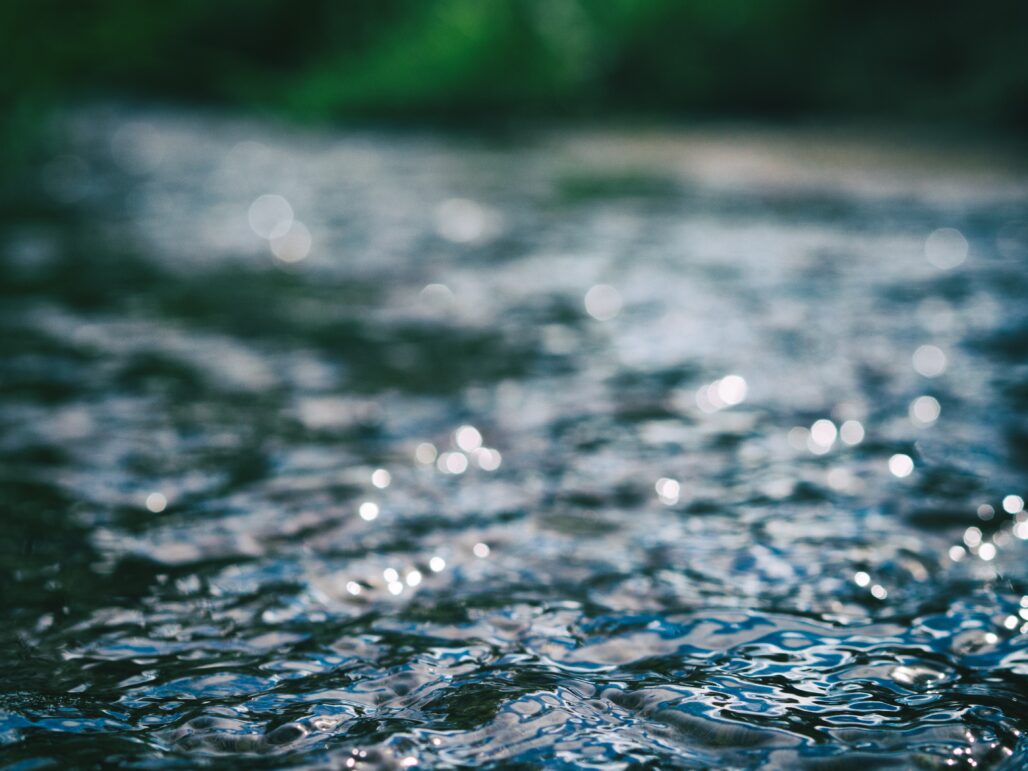
View the first ZeroBrine NEWSLETTER here.
A new European project that aims to recover and re-use salt and water from brine streams containing organics that result from several different industrial processes is currently getting well on its way. The project is called ‘ZERO BRINE’ and is coordinated by the TU Delft. The ISPT is a partner in this project and coordinates a part of the program. ZERO BRINE includes 22 partners from research institutes, construction companies and end-users from 10 different countries.
The principal aim of the project is to enable a circular economy where saline waste-water is recovered by increasing the required availability and accessibility of technology and knowledge that is needed in order to achieve this. Thereby also reducing the environmental impact of chemical production processes. The project is potentially interesting to the full scope of the Dutch process industry because it offers the opportunity to treat water based saline waste-flows, which are very common. The resulting water and salt can be re-used, either by a brine producing or a salt consuming company / process.
The project will consist of 4 case-studies (pilot projects), as well as provision of an Online Brine Platform (relevant software aimed at assisting in bringing together needed brine producers, technology providers and parties needing the recovered salts) and Brine Excellence Centers, providing hardware technology options (equipment) and a library that enables stakeholders to identify which technologies can best be used to treat which industrial waste flows, Hardware and Software will be made available to project participants during the course of the project. After project completion the mentioned hardware and software as realized by the project will made available and can used by interested parties against to be agreed conditions
Each of the 4 pilot projects, located in different partner countries, will show how for a particular industry components in wastewater can be recovered for re-use. Using different technologies, these pilot projects include: a water treatment plant in the Netherlands using nanofiltration, crystallization and ion exchange; a coal mine in Poland using reverse osmosis and electrodialysis; a silica plant in Spain using forward feed evaporation technologies; and a textile plant in Turkey using ion exchange and oxidation technologies.
The ISPT is specifically focused on clarifying what the Online Brine Platform tool, to be developed by NTUA in Athens, may bring to Dutch Process Industry. Based on an inventory of the relevant salt-flows, the producers, the technology suppliers that can treat the waste-flows and the interested parties that could use either the water or the salt resulting from the treatment. It helps to find and connect the different parties that will be involved in a particular brine treatment approach. This way we can bring all stakeholders together and stimulate cooperation and with it, circularity.
To this end, the ISPT will organise workshops in 5 selected industrial regions in the Netherlands – Delfzijl, Rotterdam, the Sloe-haven , Geleen and Emmen – to gather feedback from the industry on the project and to show what the ZERO BRINE project has to offer as well as the technologies that are available. Within the project and based on usage of the Online Brine Platform 2 cases in the Netherland will be selected where a technology is then matched to a brine-flow (using the library). It will be showcased that the principal also works in practise (by using the results and facilities made available by the project results).
The other work-packages of the project an LCA and LCCA will be carried out and business models will be analysed and investigated. This will be done to clarify whether proposed solutions will indeed eventually lead to an environmentally sustainable situation and to proof the economic feasibility of the solution proposed as well as to assess the way the solution will need to be formulated so that the interested parties will actually make use of them. A final work-package deals with the communication and social acceptance within the community.
Read more about the ZERO BRINE project here.
Acknowledgement
This project has received funding from the European Union’s Horizon 2020 Research and Innovation Programme under grant agreement No 730390.